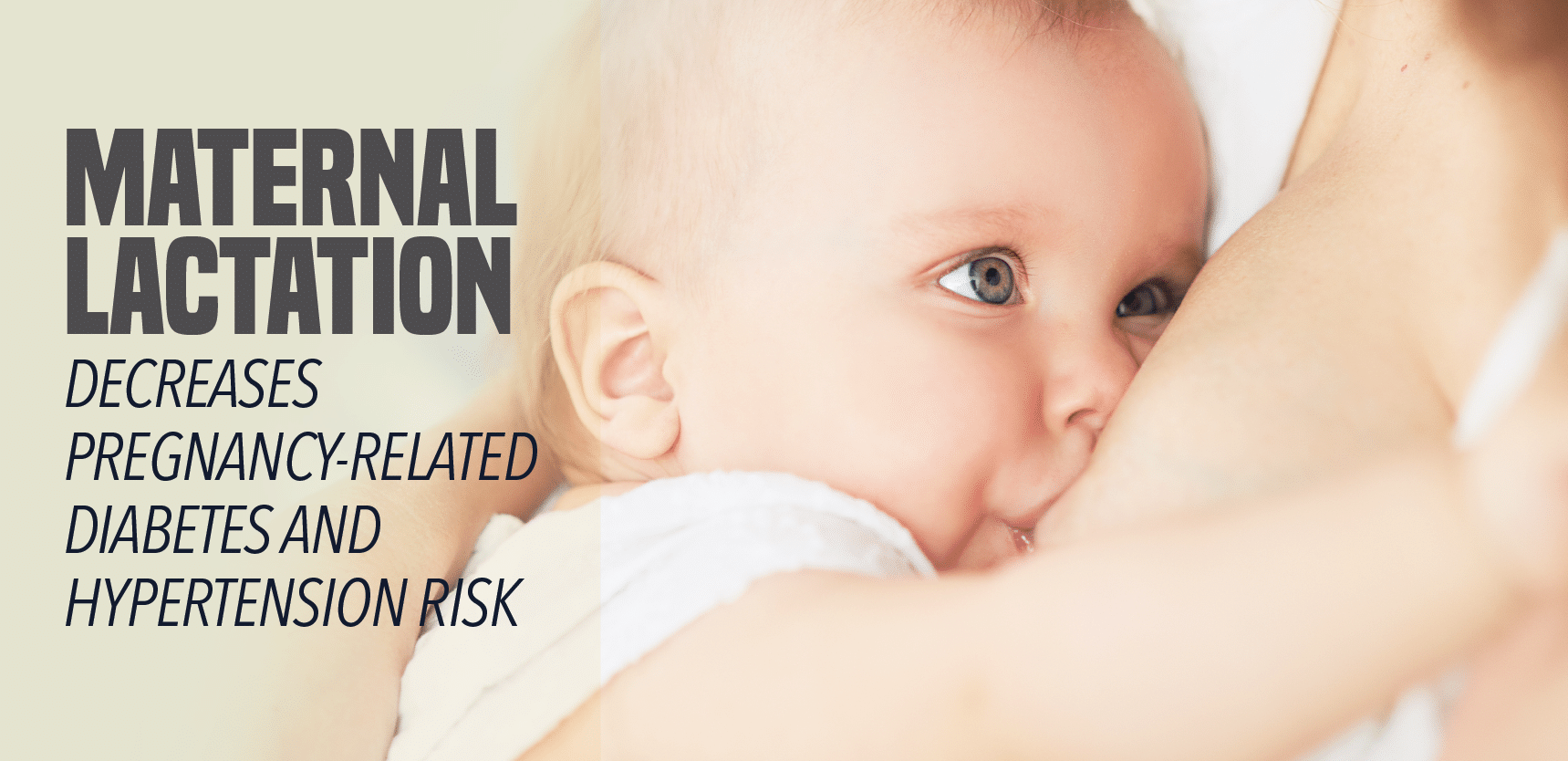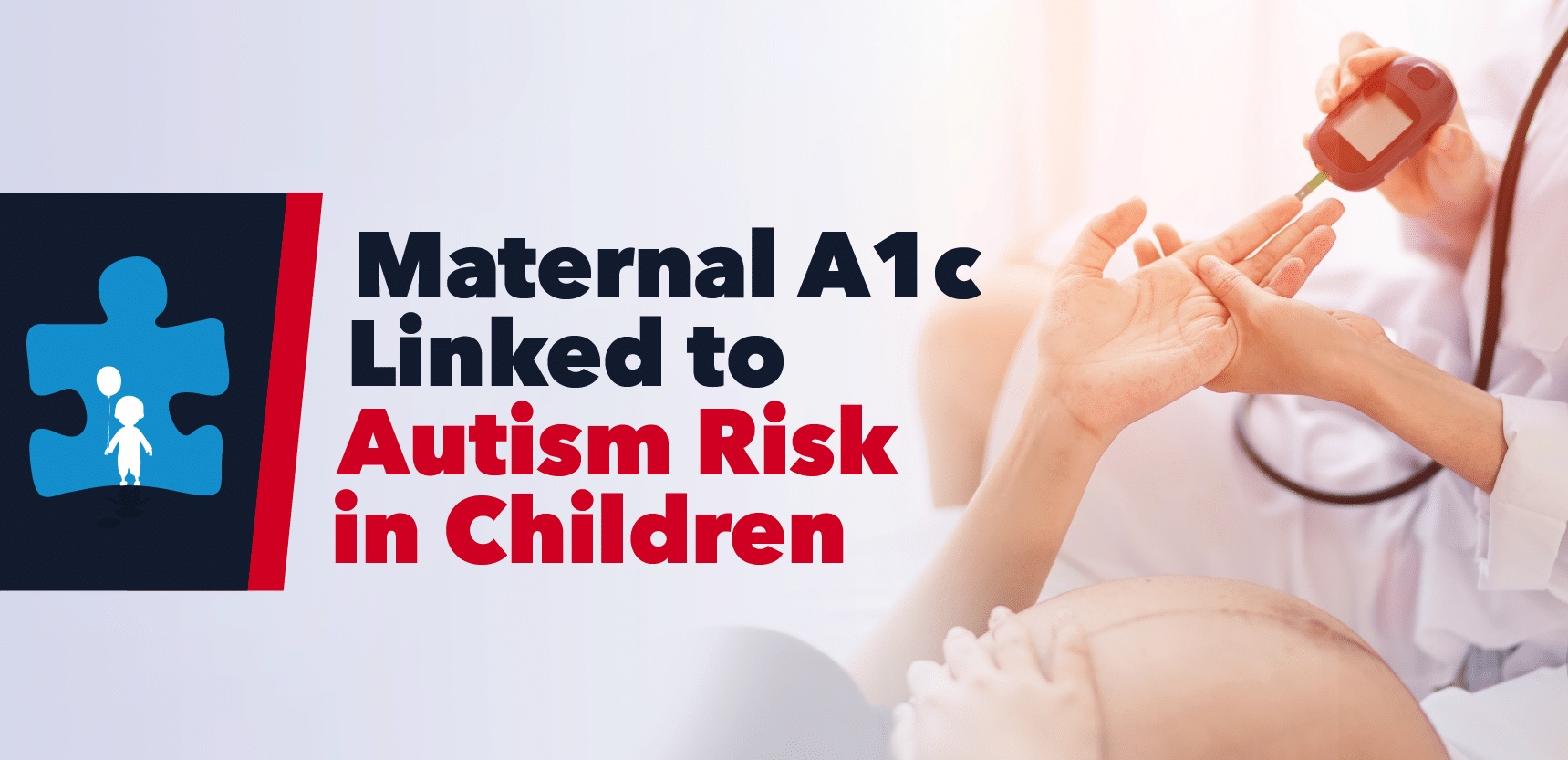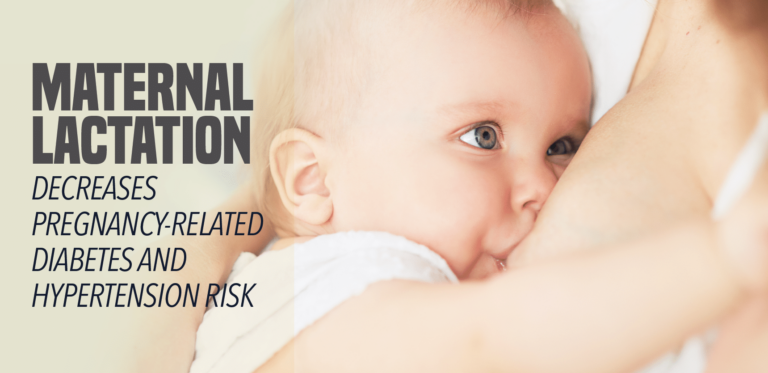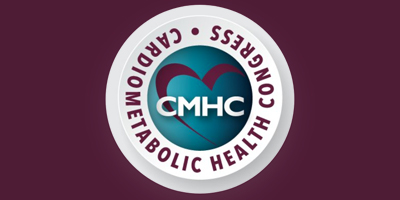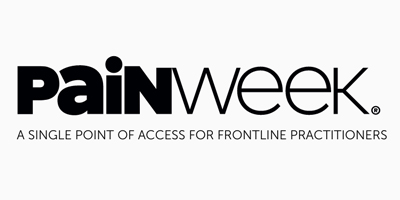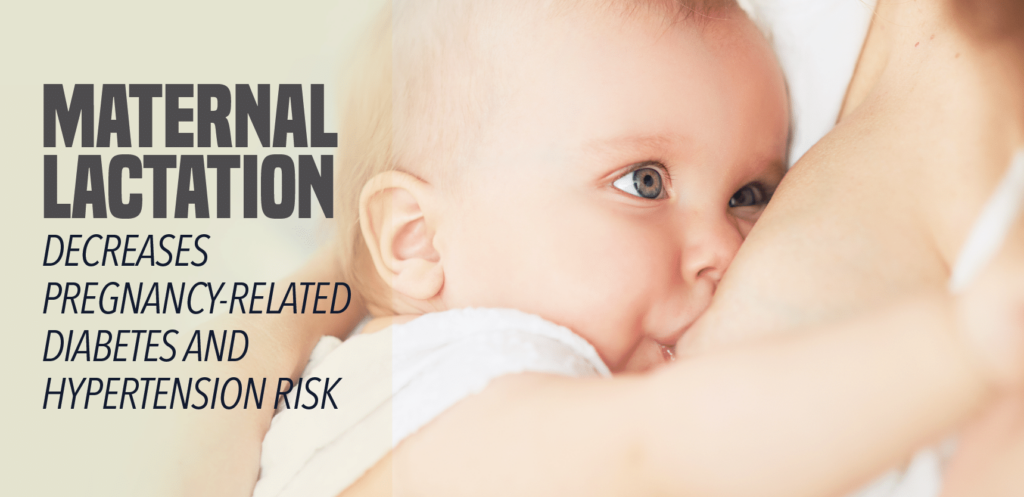Michael Osterholm, PhD, MPH, warns that the B.1.1.7 variant of coronavirus disease 2019 could necessitate a return to at-home school because of the variant’s impact on children.
The past week in coronavirus disease 2019 (COVID-19) news, brought a mixture of both hope and worry, especially as new variants rage across Europe. The good news: Pfizer/BioNTech released topline data from their COVID-19 vaccine trial in children aged 12 to 15 years that showed 100% efficacy. Vaccines continue to be administered to the American public, with at least one dose of a COVID-19 vaccine getting into the arms of 100 million adults.
However, Centers for Disease Control and Prevention director Rochelle P. Walensky, MD, MPH, gave an emotional press conference on March 29, 2021, where she acknowledged a grave concern over the possible fourth surge of the disease. On NBC’s April 4 episode of “Meet the Press,” Michael Osterholm, PhD, MPH, director of Center for Infectious Disease Research and Policy at the University of Minnesota in Minneapolis, discussed what the fourth surge and the variants could mean for children.
Osterholm focused on the B.1.1.7 variant, known colloquially as the UK variant, when discussing the looming surge, noting that unlike the initial strain of COVID-19, the variant appears to be much more infectious in children and more likely to lead to illness. He noted that although he has been a proponent of returning to in-school education, the variant has made him reconsider the stance, as over 700 schools in his state of Minnesota have had cases of COVID-19, B.1.1.7 variant in the past 2 weeks.
He also touched on the inequity in the distribution of the vaccine, noting that 80% of vaccines have been distributed in just 10 countries. There are 30 countries where not a single vaccine dose has been administered. He plainly stated that if COVID-19 is allowed to run without challenge from vaccines in both low- and middle-income countries that the likelihood of an increasing number of variants that are more infectious, more likely to cause severe illness, or more capable of evading the immune response from previous infection or vaccine, will occur. Osterholm urged a global response to decrease vaccine inequity.


